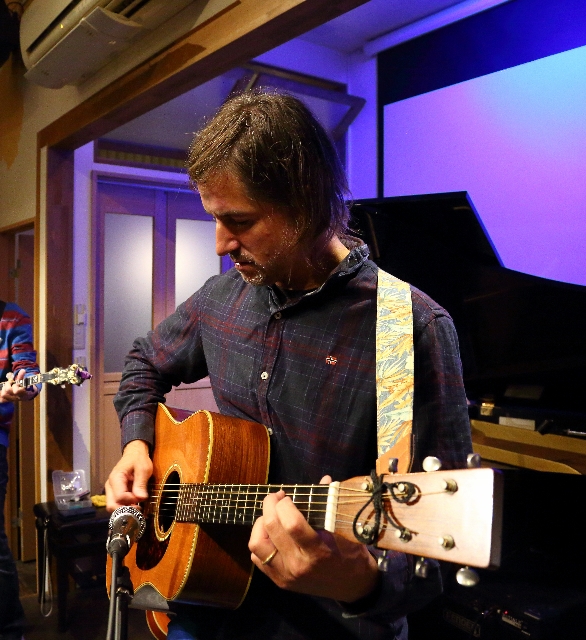
The McIntire Department of Music presents a colloquium by Josh Pilzer on Friday, February 8th, 2019 at 3:30pm in 107 Old Cabell Hall. This event is free and open to the public.
TALK ABSTRACT: The Quiet of “Korea’s Hiroshima” and an Ethnomusicologist without Music
In 2011 I began fieldwork on the expressive lives of Korean survivors of the atomic bombing of Hiroshima in the rural district of Hapcheon in Southeastern Korea, the home region of most of the 70,000 Koreans who were in Hiroshima in 1945. Working in a Red Cross residential center for victims, I found that many residents have physiological, psychological, and cultural reasons for refraining from participating in conventional music-making. I was in a fieldwork setting largely devoid of practices typically considered to be music; and I came face-to-face with some rather pressing questions. What should an ethnomusicologist do in the absence of music? Should one go home? Or might one still have something to do, to discover, and to convey to others, that people without our training might be less likely to hear? In this talk I argue that ethnomusicologists can attempt to appreciate people’s expressive practices and social actions more broadly using tools gained as ethnomusicologists. I argue that a flexible concept of music as a quality of human action rather than as a thing allows for a perspective which can illuminate a whole range of human practices that are not conventionally considered to have anything to do with music. I aim at an organic appreciation of the manifold practice of quietude at the Center and in the life of one survivor, Yi Suyong, in particular, for whom quiet self-expression and social action are daily practices of selfhood and endurance. I draw examples from several non-musical activities: arts and crafts, everyday talk, and testimony.
Joshua D. Pilzer (Associate Professor of Ethnomusicology, University of Toronto) is a scholar of Korean and Japanese music. He is interested in the place of music in the texture of post-colonial Korean life, in music’s everyday social utility and poetics, in music as alternative history, and in women’s music. He is the author of Hearts of Pine: Songs in the Lives of Three Korean Survivors of the Japanese ‘Comfort Women’ (Oxford, 2012) and is currently finishing another ethnographic book on the musicality of everyday life among Korean victims of the atomic bombing of Japan and their children, currently titled The Quiet of “Korea’s Hiroshima.” A third book project, Sound, Music, and Everyday Life in a Japanese City, examines how people make and sustain identities, voices, social spaces, and notions of difference through mundane sounding and musical practices in everyday life in Matsuyama, Japan.
Old Cabell Hall is located on the south end of UVA's historic lawn, directly opposite the Rotunda (map). Parking is available in the Central Grounds parking garage on Emmet Street, in the C1 parking lot off McCormick Road, and in the parking lots at the UVA Corner.
Please call the Music Department at 434.924.3052 for more information. All events are subject to change.